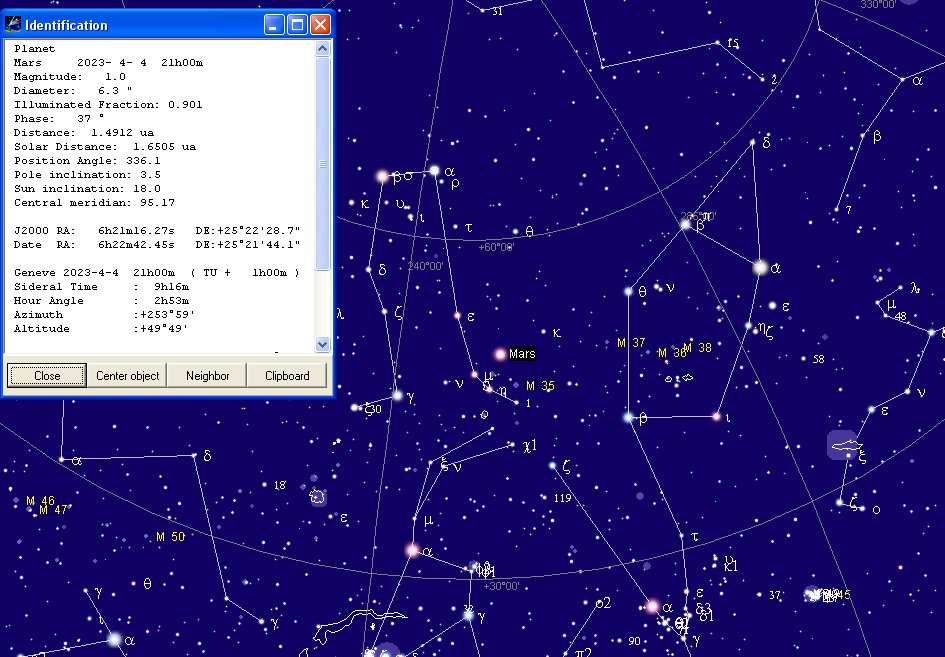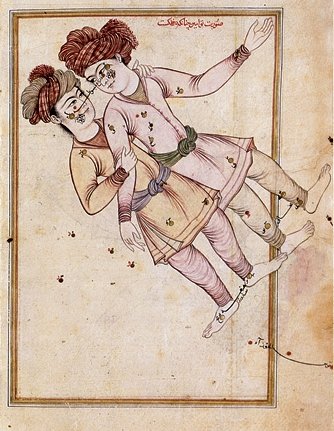|
R (Small
Washington Tablet)
19. Twice again:
From Weeping to March 1 (↔ DECEMBER 27) there were 108 - 94 = 14 right ascension nights:
Tears are not sweet but salty (like seawater) in character.
The Beaver (Castor Fiber), on the other hand, surely ought to be connected with Tane, because he built dams from timbers, felled by his powerful jaws,
in order to assemble the necessary fresh sweet water pools. ... There is a couple residing in one place named Kui and Fakataka. After the couple stay together for a while Fakataka is pregnant. So they go away because they wish to go to another place - they go. The canoe goes and goes, the wind roars, the sea churns, the canoe sinks. Kui expires while Fakataka swims. Fakataka swims and swims, reaching another land. She goes there and stays on the upraised reef in the freshwater pools on the reef, and there delivers her child, a boy child ...
Notice how in the illustration above in the night Castor in human form is stretching out his right foot into the stream of green water. Presumably the pair Castor and Pollux are looking at Bootes with his pair of Hunting Dogs.
And maybe there was a dual - binocular - view from DECEMBER 13 to the day of the solstice. ... 'Now, I'm opening out like the largest telescope that ever was! Good-bye, feet! ... Let me see, I'll give them a new pair of boots every Christmas,' ...
A pair of uplifted eyes would then be the beginning:
... In some areas the constellation was also used to designate the calendar 'moon' corresponding approximately to mid-December. Moses Qumak of Akulivi, Quebec, for example, mentions that this month will 'have a name other than December. It is called Arjuliut ...
Castor was the twin who held his Outstretched (Mebsuta) foot down into the Milky Way - close to the place where Betelgeuze (the Moist One) rested on the bank of the other side:
Pollux, on the other hand, was standing squarely on the square dry 'land':
... Far away, the Mangaians of old (Austral Islands, Polynesia), who kept the precessional clock running instead of switching over to 'signs', claim that only at the evening of the solstitial days can spirits enter heaven, the inhabitants of the northern parts of the island at one solstice, the dwellers in the south at the other ... Considering the fact that the crossroads of ecliptic and Galaxy are crisis-resistant, that is, not concerned with the Precession, the reader may want to know why the Mangaians thought they could go to heaven only on the two solstitial days. Because, in order to 'change trains' comfortably, the constellations that serve as 'gates' to the Milky Way must 'stand' upon the 'earth', meaning that they must rise heliacally either at the equinoxes or at the solstices. The Galaxy is a very broad highway, but even so there must have been some bitter millenia when neither gate was directly available any longer, the one hanging in midair, the other having turned into a submarine entrance ...
From Castor (E:17) to Pollux ("June 4, 155) there were 3 days.
|
|||||||||||||||||||||||||||||||||||||||||||||||||||||||||||||||||||||||||||||||||||||||||||||||||||||||||||||||||||||||||||||||||||||||||||








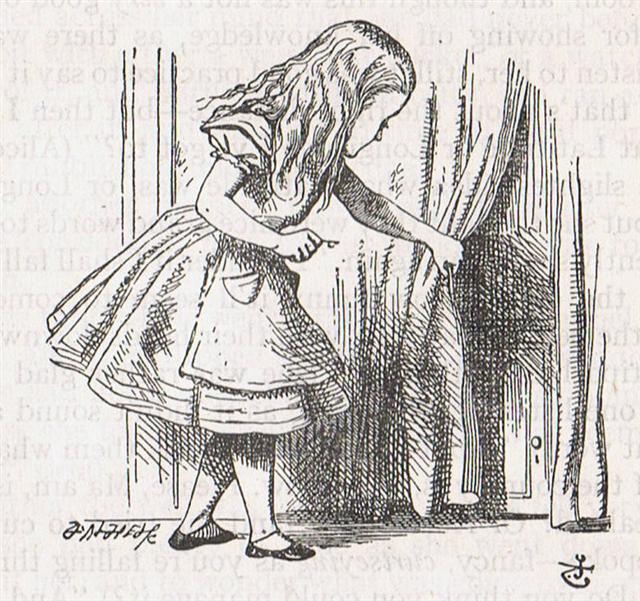

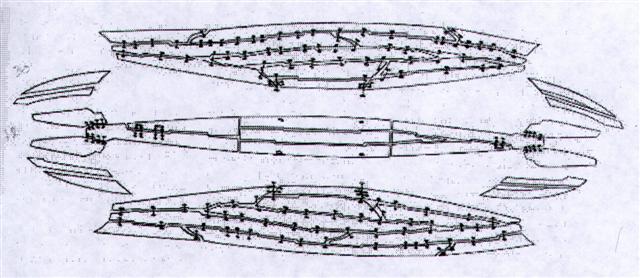
.jpg)
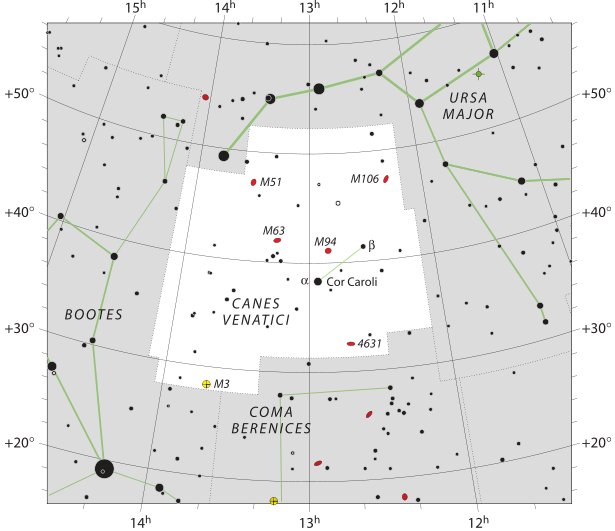
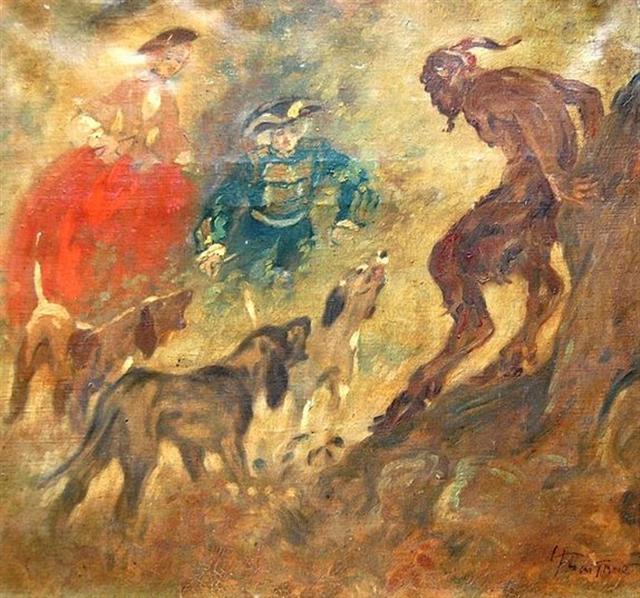
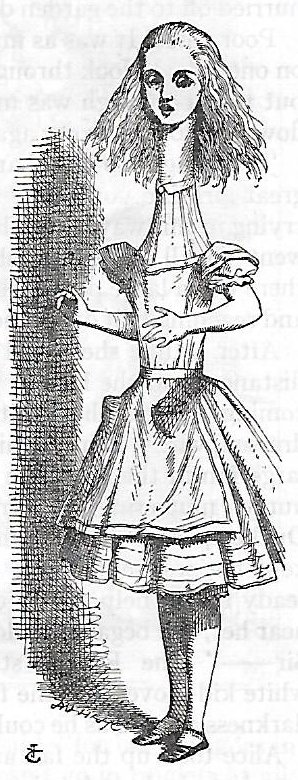
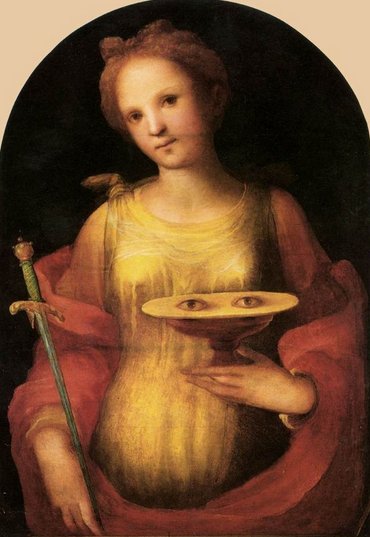

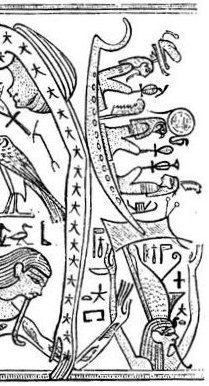
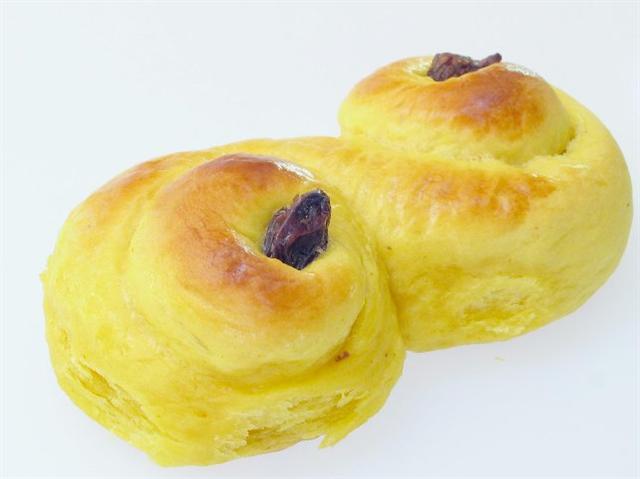
.jpg)
